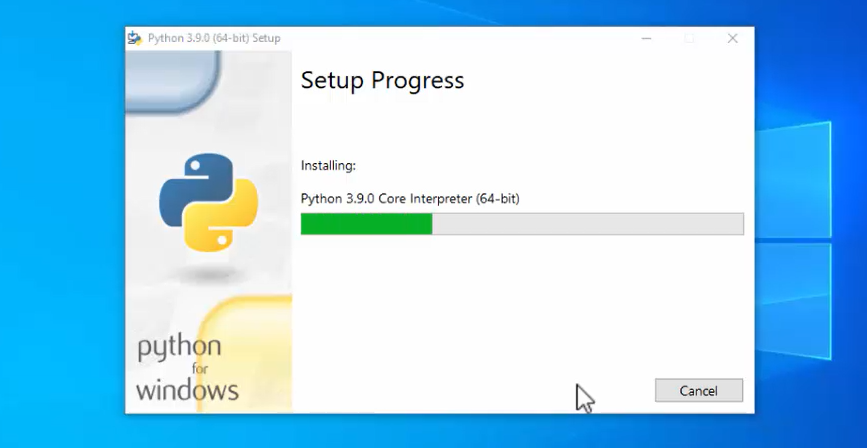
Sudo sh -c 'echo "stanley ALL=(ALL) NOPASSWD: SETENV: ALL" > /etc/sudoers.d/st2' Sudo chown -R stanley:stanley /home/stanley/.ssh Sudo sh -c 'cat /home/stanley/.ssh/stanley_rsa.pub > /home/stanley/.ssh/authorized_keys' Sudo ssh-keygen -f /home/stanley/.ssh/stanley_rsa -P "" # Authorize key-based access # Create an SSH system user (default `stanley` user may already exist) Use the following command to verify that the python3-devel package is available in an enabled repository:

On CentOS 7.x systems these steps can be ignored, and you can proceed to Setup Repositories. The following steps in this section are only required on RHEL 7.x systems. On CentOS distributions the relevant repository is typically enabled however on RHEL distributions it is provided by the rhel-7-server-optional-rpms repository (repository name dependant on RHEL distribution). The installation of the st2 package will automatically install python3-devel if it is available in an enabled repository. The default python on CentOS/RHEL 7.x is python 2, StackStorm uses python3 and requires the python3-devel package. Sudo systemctl enable mongod rabbitmq-server redis Sudo systemctl start mongod rabbitmq-server redis Sudo yum makecache -y -disablerepo = '*' -enablerepo = 'rabbitmq_rabbitmq-server' Sudo sh -c "cat /etc//mongodb-org-4.repo name=MongoDB Repository baseurl= gpgcheck=1 enabled=1 gpgkey= EOT" # Add key and repo for the latest stable MongoDB (4.0) Install WebUI and Setup SSL Termination.In RHEL6, if you type yum install python3, you will get an error that the file does not exist.

Python will still work, but Red Hat will provide no further support or security updates. Both of these versions are deprecated as of January 2021 despite RHEL6 being in an extended life phase. Out of the box, Red Hat 6 versions only support Python2.6, and Red Hat 7 versions only support Python2.7.

Please note that we will use ALT INSTALL and RHEL6 uses Python2 for system applications such as yum.Step 5 – Prepare the source code for the build this will be a local install with PIP baked in.Step 2 – Download the latest version of Python from.Step 1 – Yum Update and Install Pre-Reqs.How to install Python 3.9 from the source code.


 0 kommentar(er)
0 kommentar(er)
